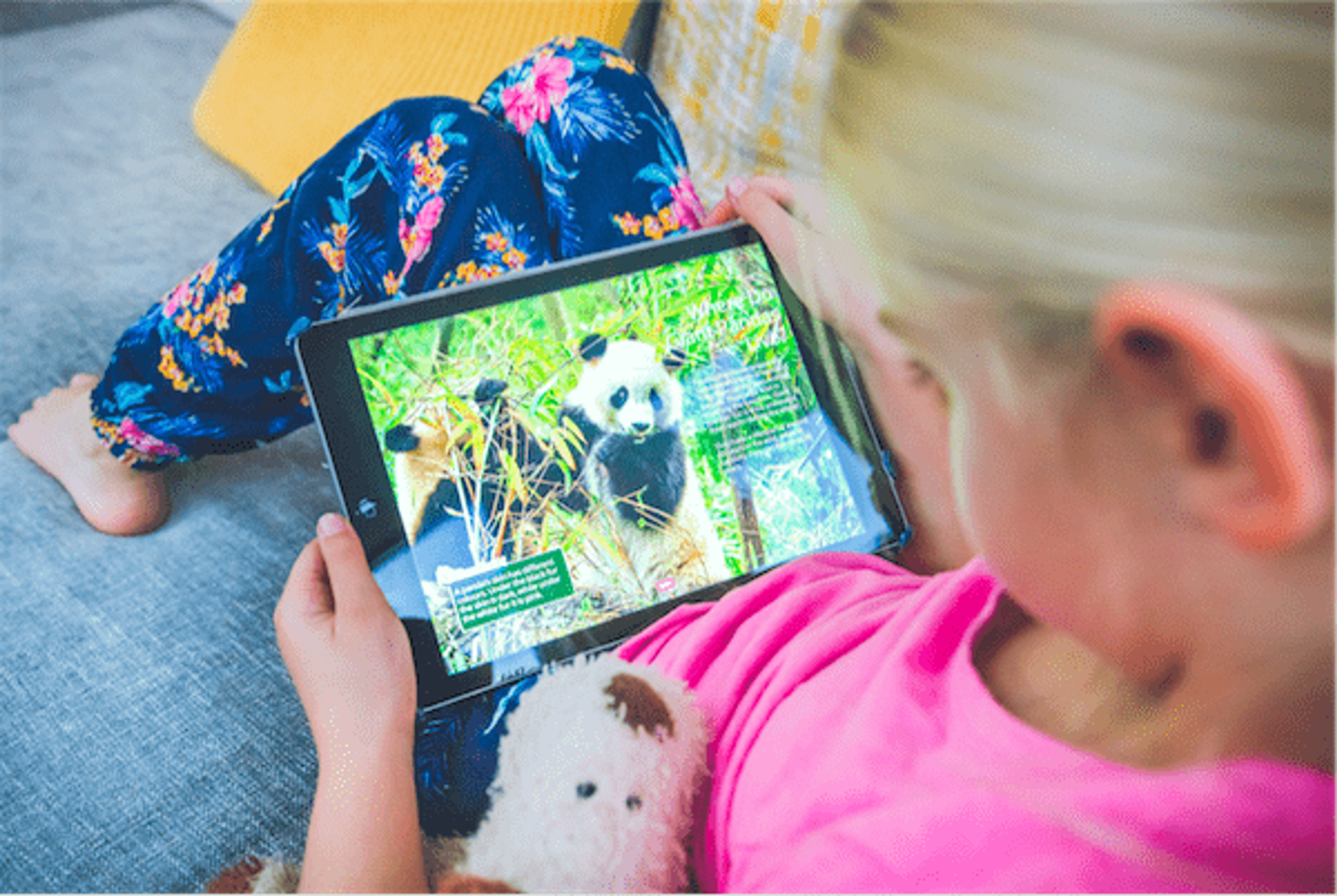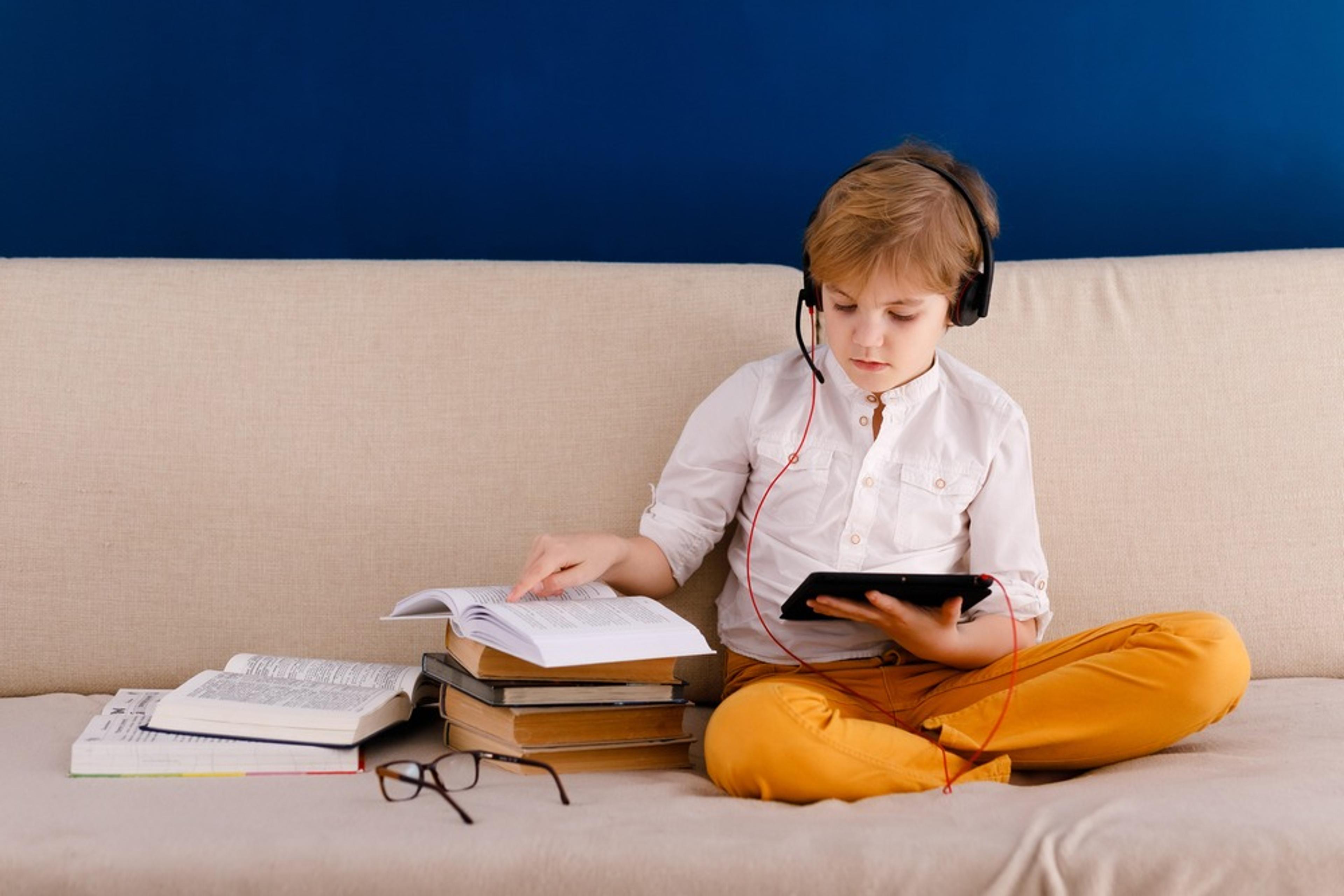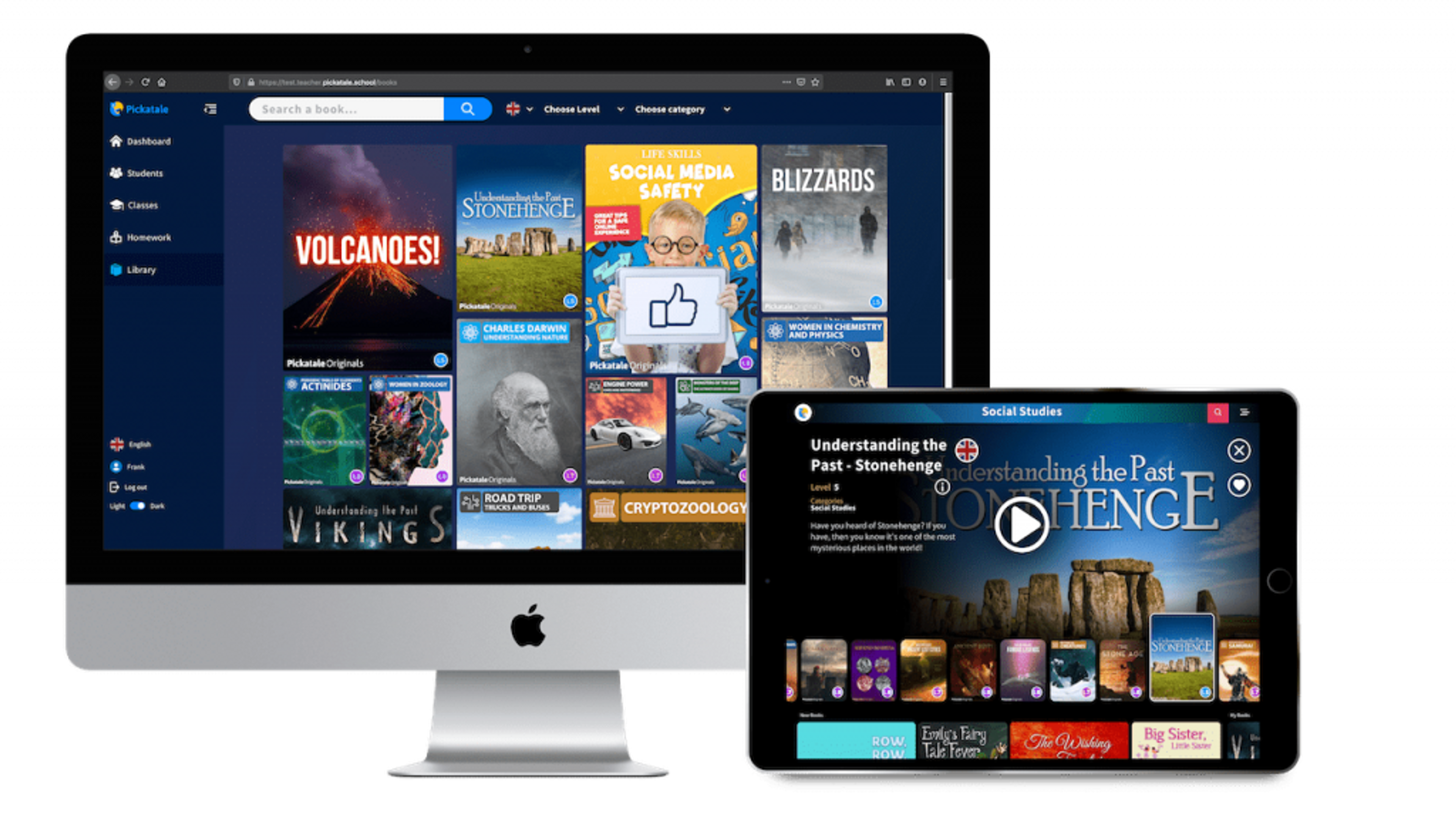
Five reasons why non-fiction books can help to accelerate children’s reading progress
We spoke with Roger Beard, an Emeritus Professor of Primary Education, former primary school teacher, author and children’s reading specialist, about the ways children learn to read in the classroom and at home.
Read on to learn handy tips and advice from the man himself about how non-fiction books can accelerate your student and child’s reading development!
How non-fiction books can help to accelerate children’s reading progress by Emeritus Professor Roger Beard

As children develop greater independence in their reading, the world of non-fiction begins to open up for them. Children will have read a lot of stories and become used to books that are organised in time sequences. However, non-fiction books may need to be read differently from reading stories, probably more purposefully and selectively. But engaging with such books can also provide a boost to children’s reading progress.
Non-fiction involves new reading skills
Children will benefit from asking themselves some key questions. If they learn to do this, they will be able to tackle more and more non-fiction with growing confidence.
- What do I want to get from this book?
- Is there a blurb to help me understand what the book is about?
- Does the contents page show me the best part to concentrate on?
- Is there a glossary if I come across any technical words?
Non-fiction books capitalize on children’s interest in the world around them.
The world is so full of interesting things and reading non-fiction helps children to learn more about them. It also whets their appetites to learn – and read – even more. Children and students can read hundreds of fascinating non-fiction books in the Pickatale for Schools digital library - better yet the books are completely free for them to access and enjoy.
Children learn to read beyond the lines
Because good non-fiction promotes thinking about the world around us, it can boost ‘reading beyond the lines’. Reading non-fiction encourages children to form judgements and develop critical thinking.
Non-fiction increases vocabulary
One of the biggest gains from reading non-fiction is that it increases vocabulary. Reading lots of new words, but in the context of interesting and motivating material, adds to the store of words that children know and can use confidently in future reading and writing.
Non-fiction feeds writing skills
Children’s sense of achievement in reading to learn can be clearer if they are encouraged to use a list of techniques to summarise and share what they have gleaned from a book or online text, such as notes, lists and tables. Comprehension may well be greater if they also have to summarise what they have learned and then share it with others, perhaps orally at first and then in writing. This will lead to further learning, as it forms the basis for written and spoken communication in so many subject areas.
Not all children find their way to independent and enthusiastic reading through fiction. Non-fiction reading has to be tackled in different ways but it also offers different – and distinctive – kinds of rewards.
Pickatale blog

Keep your eyes peeled on the Pickatale blog for more fascinating articles about how we can best support a child’s reading progress at home and in the classroom.
If you’re a teacher, student, educator, tutor or homeschooling parent, you can also sign up to our FREE reading and learning tool: Pickatale for Schools.
Access hundreds of amazing school-related books including fiction and non-fiction and get kids reading more! You can learn all about Pickatale for Schools here.
Safe use
Pickatale has been developed for children and all content is quality assured for children. Once you're subscribed to one of our pricing plans, no additional costs will be incurred and no indiscriminate products will be added.
Privacy
Pickatale uses cookies on its website. Read more about how we process personal information in our privacy statement.